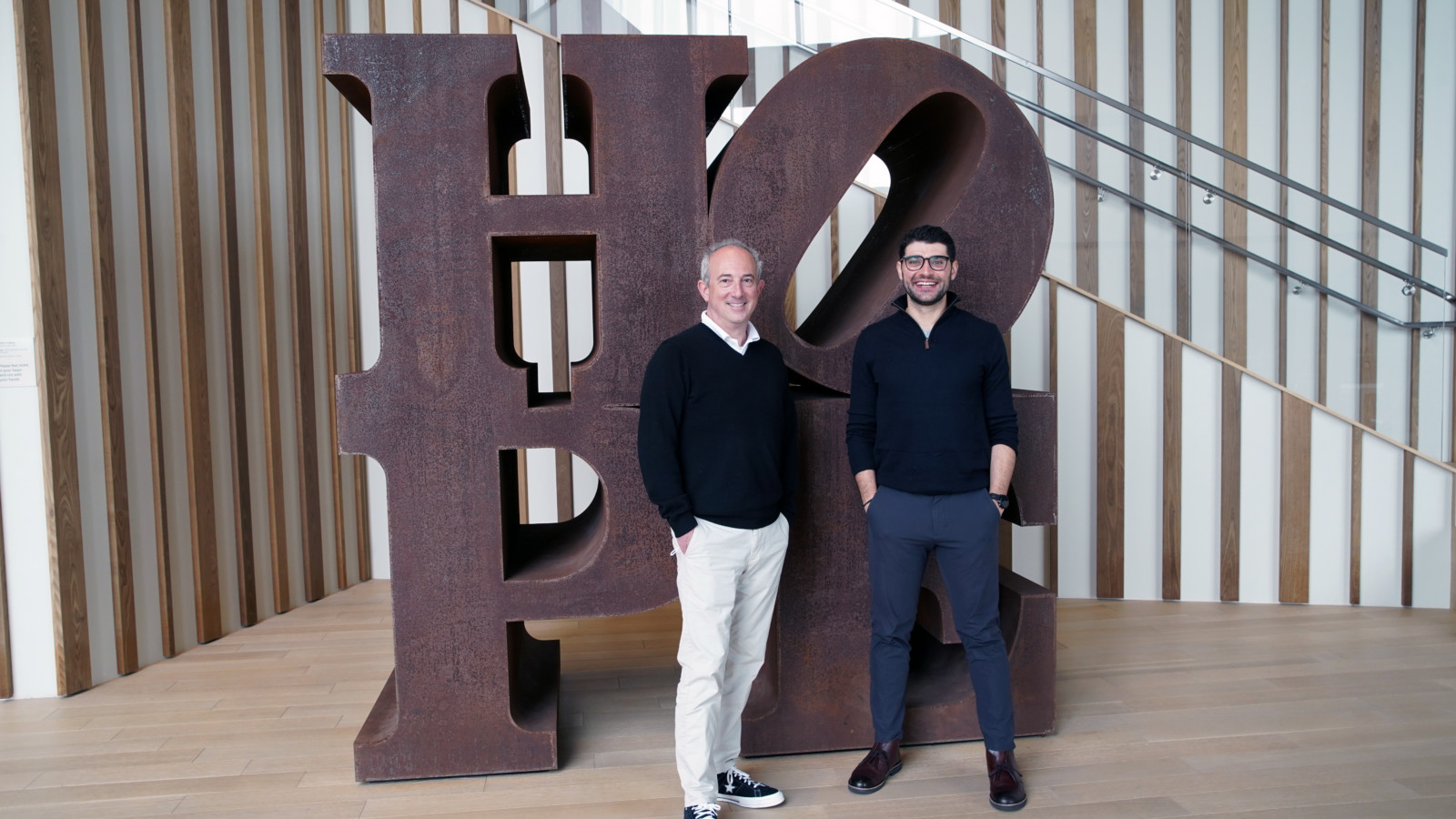My decision to work on health issues abroad started very close to home. My grandfather was the CEO of a small community hospital (I was actually born in that hospital), and his work stories first taught me the importance of good policy and management to improve people’s health.
The ways that societal issues can impact patients also loomed large for me with one disease in particular: HIV/AIDS. Coming of age as a member of the LGBT community in the early 2000’s, I learned not only about the personal risks to me and my friends, but also about all the work that had come before me, starting with patients and the community, to advocate for HIV/AIDS prevention and treatments. This history came into the national spotlight recently when Dr. Fauci praised the “incredible courage and dignity and strength” of AIDS activists while discussing equity issues in the fight against COVID.
Because of my family background and identity, I chose to focus my career on the political, economic, and social issues that cause people to get sick and prevent them from getting care. And I began my professional life with a focus on Sub-Saharan Africa, which had (and still has) the largest gaps in access to care for HIV/AIDS and many other preventable and treatable conditions.
I have had the great privilege to travel and work on public health and development issues around the world. During my first trip to Africa, I researched the barriers to scaling kangaroo mother care, a practice where mothers warm their preterm infants by holding them “skin-to-skin,” and which is as clinically effective as an incubator at reducing preterm mortality. Building off this theme of improving access to simple, cost-effective interventions, I wrote my dissertation about increasing access to primary care services in Lesotho, a mostly rural country where nearly 1 in 4 people live with HIV/AIDS. Working with the global health institutions in Geneva, I later developed strategies for how to increase access to essential medicines and diagnostics for HIV/AIDS, TB, and malaria.
However, diving headfirst into international health issues also created a blind spot for me about similar health equity challenges closer to home. For example, about two years after my work in rural Lesotho, I had the humbling experience of learning about similar challenges that rural populations in the United States and Canada face accessing essential care, especially for illnesses like diabetes and heart disease. Although the diseases people faced in these countries were quite different, the root causes of the issues, including insufficient resourcing for health systems, were mostly the same.
Of course, the COVID-19 pandemic has highlighted (and exacerbated) health equity issues in the United States and around the world. Seeing those issues has brought to the fore a lot of my soul-searching about how and where I want to focus my work as a public health professional. As a white American, what role do I have to play in global health issues, especially in the context of efforts to decolonize global health? As someone who has not been deeply entrenched in the battles of US health policy, what does it mean for me to “come back home” to work on domestic issues? And how can I make an impact on issues that span both the United States and the rest of the world, such as the COVID-19 pandemic and the ongoing global battle with cancer and other noncommunicable diseases?
These are not easy questions, and I don’t expect to answer them anytime soon. Making a new foray into cancer is particularly daunting for me as I enter a world where so many patients, researchers, and clinicians have worked so tirelessly for so long.
My main signpost for this work will be one that I started with – trying to understand and work toward good policy and management that will improve outcomes for patients. Of course, I also hope to bring some other lessons I’ve learned along the way. First, I plan to start with the data. Evidence should underlie everything we do in science and medicine, yet health systems still struggle to track and understand patient outcomes and the factors that influence them. We need new solutions that will make it easier to collect and use quality data to improve health outcomes. Second, I know I need to bring others along. If problems in health research, health care, and health policy were simple, they would already be solved. We need ways of working that bring the best of all sectors and engage a broad range of voices to come up with solutions. Third, I hope to continue to learn from the amazing work that has come before me, especially from the patients, advocates, researchers, and clinicians who have been on the front-lines of this battle for so long.
That’s why I’m excited to join the Ellison Institute for Transformative Medicine, under the leadership of Dr. David Agus, as its first Director of Policy. The Institute already has a track record for breaking down barriers in translational science and delivering best-in-class, evidence-based clinical care. Building on this foundation, the Ellison Institute can help shape the policies that will ultimately transform medicine for the betterment of all patients. I look forward to continuing on this journey, and I hope that you will come with us.
To join the conversation, please follow at:
Gabriel Seidman Twitter: @SeidmanGabriel
Gabriel Seidman LinkedIn: Gabriel Seidman LinkedIn
Ellison Institute Twitter: @UscEllison
Ellison Institute LinkedIn: Lawrence J. Ellison Institute for Transformative Medicine of USC


